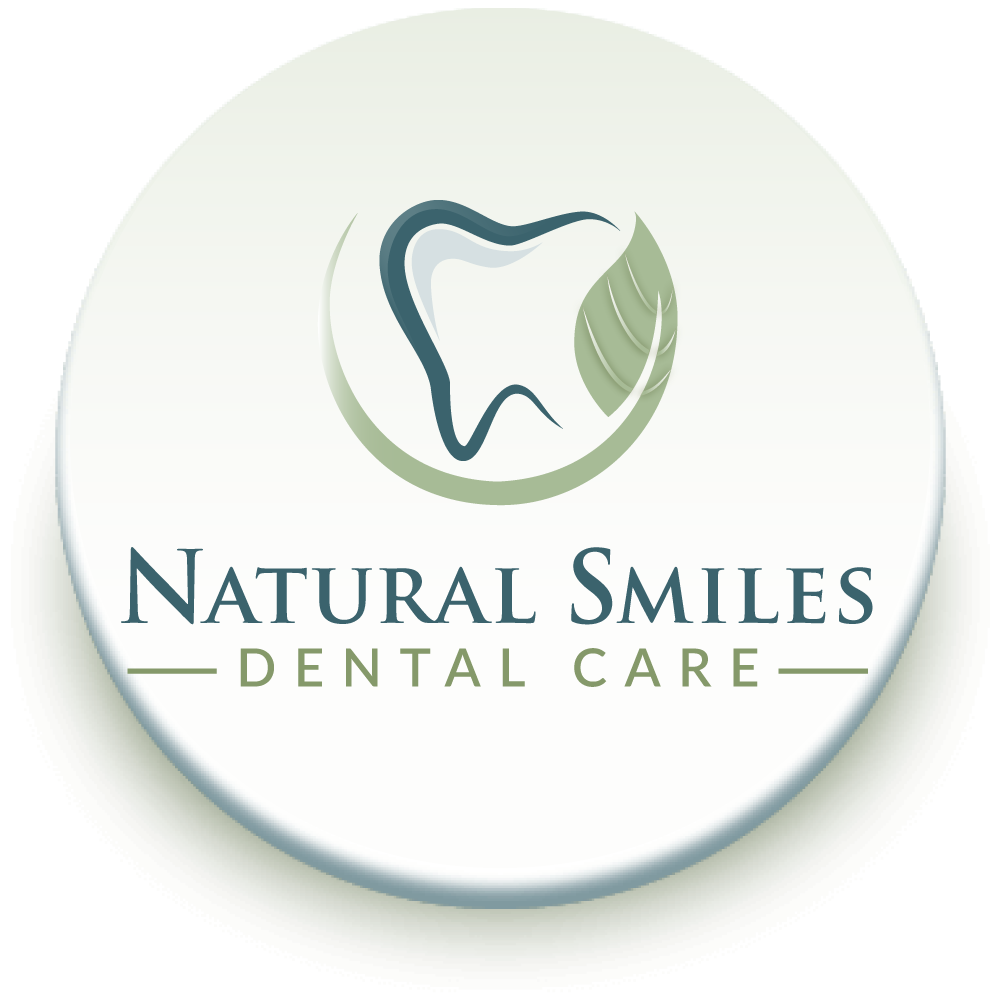FAQs

What Is Integrative Dentistry?
Integrative dentistry is an approach to dentistry that promotes health and wellness, not simply the treatment of disease. This philosophy encompasses both modern sciences as well as knowledge drawn from the world’s great traditions in natural healing.
Do You Place Sealants On Children’s Teeth?
The traditional process of placing a sealant involves painting the material directly over the tooth, even if the tooth has some areas of staining. Sometimes this trapped stain can lead to a cavity that goes undetected because it is “hidden” by the dental sealant. However, at our office, we like to remove this layer of stain from the tooth first and provide a clean surface for the restoration to adhere to. These types of restorations are called Preventative Resin Restorations (PRRs). In the procedure, a “flowable” resin material with a bonding agent is used, which is stronger than the sealant material and thus tends to last longer.
How Early Do You Start Seeing Children?
We recommend bringing in children for regular dental cleanings and exams at age 3. However, if the parents see any concerns with younger children, we do recommend a dental exam. Infants as young as 2 weeks are seen for frenectomies (lip-tie / tongue-tie) procedures.
Do You Use Fluoride?
There is a debate among the holistic health community regarding the safety and efficacy of fluoride. The concern is the potentially toxic side effects that can occur from a patient using or ingesting too much fluoride. However, this amount of fluoride can vary from person to person. Therefore, at our office, we do not offer fluoride treatments, nor do we offer any fluoride-containing products for purchase. Instead, we recommend xylitol, ozone, and other non-toxic medicaments for fighting tooth decay.
Do You Perform Root Canals?
Root canal treatment is the removal of the tooth’s pulp, including nerves, blood, and lymph vessels. Once the damaged, diseased, or dead pulp is removed, the remaining space is cleaned, shaped, and filled. There is some controversy surrounding the use of this therapy due to dental medicine not being able to completely sterilize the tooth structure. Therefore we recommend that root canal treatments only be performed by specialists (endodontists) who are highly trained in these procedures. If patients have concerns about the status of their existing root canals, we encourage them to have a dental evaluation with one of our doctors. At that time, it might be recommended to have a 3D (Cone-beam) scan of the tooth, to check for possible areas of infection around the root-canaled teeth. It might also be recommended to have a Bio-Energetic Scanning assessment with Denise Schneider. This article discusses the concerns of root canals, and how they could be linked to health risks.
Do You Submit To Dental Insurance?
Our office submits claims for out-of-network coverage with most insurance plans, except for the state plans. We are able to contact your insurance provider to get a general breakdown of your benefits, process your insurance claims, and provide you with a cost estimate prior to performing any dental treatment. However, we highly recommend that patients also contact their provider for more detailed insurance benefits.
Do You Regularly Refer To Other Health Care Practitioners?
We do regularly refer to outside practitioners when appropriate, including dental specialists for oral surgery, root canals, orthodontics, pediatrics, and periodontics. We also refer to other alternative health practitioners for additional care in chiropractic, functional medicine, naturopathy, speech therapy, and massage therapy.

